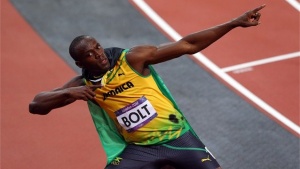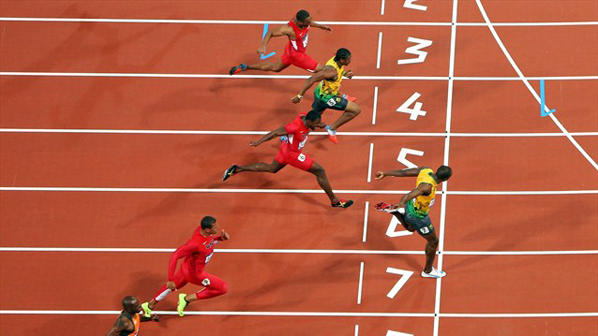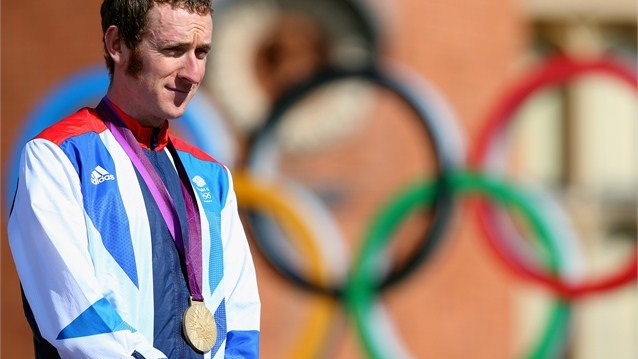London 2012 organisers pass on knowledge

The International Olympic Committee’s debriefing of the London 2012 Olympic Games has wrapped up in Rio de Janeiro, bringing a close to a week-long transfer of knowledge between organisers of the Games of the XXX Olympiad and future host cities.
Representatives from the IOC and the London 2012 Organising Committee shared their best practices and experiences from this summer’s Games with over 500 participants from Sochi 2014, Rio 2016, PyeongChang 2018, and the 2020 Candidate Cities: Istanbul, Tokyo and Madrid.
“This was the seventh edition of the debriefing and we saw once again what a crucial part of our broader transfer of knowledge programme it is,” said IOC Olympic Games executive director, Gilbert Felli.
“London 2012 will leave behind many great legacies for the city of London, its citizens, the country, as well as the sports movement in general, and their active and open participation here has also ensured that the Olympic Movement will continue to benefit from London 2012 long into the future as well.”
The debriefing featured plenary sessions, breakout sessions and one-on-one meetings that allowed future Games organisers to maximise their discussions with London 2012 and the IOC and strengthen the learning process.
Participants took away a number of key points from the debriefing, in particular on the importance of vision development and implementation, product and experience, and delivering the Games.

London 2012 was watched by millions around the world
“This was a fantastic opportunity for Rio 2016 and the other cities to learn from London,” said Nawal El Moutawakel, IOC vice-president and chair of the IOC Coordination Commission for Rio 2016.
“We saw how much time and effort London dedicated to integrating its key stakeholders, including the athletes, spectators and partners, into its vision of the Games to deliver the best possible product.
“The close ties London 2012 enjoyed with the different levels of government, partners and delivery agencies was also crucial.
“Rio 2016 is already on the right track in both of these areas and the Debriefing will definitely help it refine its work going forward.
“But staging the Olympic Games is a complex project and there is no time to waste. Rio 2016 is aware of this and we know it will do a good job.”

Cyclist Bradley Wiggins was one of the British stars
Denis Oswald, Chairman of the Coordination Commission for London 2012, added that another key lesson from the Debriefing was the importance that London placed on vision planning and engaging the public.
The IOC’s knowledge management programme was created during preparations for the Sydney 2000 Games and, since then, has evolved into an integrated platform of services and documentation, which assists organisers in their Games preparations, lets them evaluate their progress and success, and helps to define the future of the Games.
Among the activities offered by OGKM are a Games-time observer programme, technical manuals, workshops, an extranet, secondee programme, Games evaluation programme, and the Games Debriefing.
London 2012 chair Sebastian Coe commented: “The Olympic Games are different each and every time, which adds to their endurance and appeal.
“We have, over the last week, imparted a massive amount of planning and delivery information that we learnt along our seven-year journey.
“Specifically we shared our engagement plans that saw millions of people across the UK join in and celebrate the Games.
“We talked about the importance of linking your vision with ongoing legacy priorities and we discussed the critical importance of integrated delivery with stakeholders and partners.”
He continued, “Rio is a wonderful city and the Rio 2016 team has a fantastic opportunity to deliver a Games which will transform the city and the lives of its young people.”

